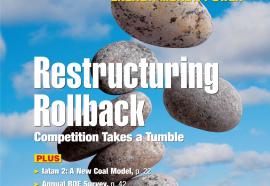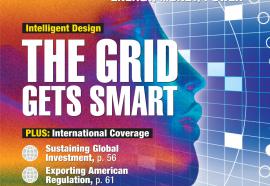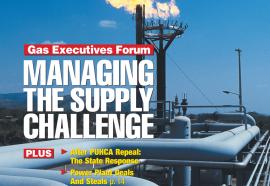The High Cost of Restructuring
RTO markets aren’t living up to the promise of cheaper power.
Regional Transmission Organizations (RTOs) have not performed as well as open wholesale markets over the past decade. RTO advocates want governmental intervention, but the best answer may be requiring RTOs to file system lambdas.










